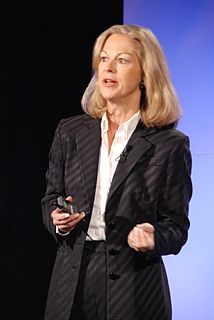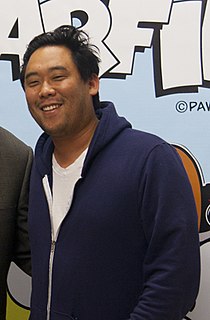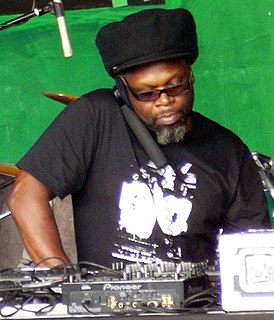A Quote by Christie Hefner
Well, I grew up around the magazine and was part of a generation that was embracing our sexuality.
Related Quotes
We are afraid that our adult sexuality will somehow damage our kids, that it’s inappropriate or dangerous. But whom are we protecting? Children who see their primary caregivers at ease expressing their affection (discreetly, within appropriate boundaries) are more likely to embrace sexuality with the healthy combination of respect, responsibility, and curiosity it deserves. By censoring our sexuality, curbing our desires, or renouncing them altogether, we hand our inhibitions intact to the next generation.
Our generation grew up with the Review as a fact of life. It was America’s literary magazine. To our minds, it still is. It has launched our favorite writers. It has made a special claim for the quarterly as such, being both timely and lasting, free of the news of the day or the pressure to please a crowd. Most of all, the Review has shown, repeatedly, that works of imagination can be as stylish and urgent as the flashiest feature reporting, and can do more to refocus our picture of the world.
As each generation comes up that doesn't have the habits for paper it's just easier and cheaper to get your stuff online. You know, people go to what they're used to. Certainly our generation, you know, we'll always want to have a magazine in our hands. We like that, but millennials didn't see the value in that necessarily.
We, black British, were searching - as the first generation that was born and raised here - for our own identity. We already knew what the Caribbean thing was about. We grew up with the racial tension and unrest. They were either touching your head for good luck or kicking you down the stairs for being too dark. But that was part and parcel of how we grew up in London. But in terms of our identity, it was more about us claiming it y'know?
The only gay people who remain in the closet are those who choose to, who don't want to publicly declare their sexuality, which is true of heterosexual people as well. I don't walk around with a button or a T-shirt that says "I am a heterosexual." I don't think sexuality defines a person. It's one small part of who you are, in my view. You are many things, and I never felt that people were defined by their sexuality solely. Although God knows, as a minority, gay people have taken serious lumps for their sexual preferences. As has every minority.
Technology is something you have to embrace because technology is part of our generation. Digital natives, for instance, are people who grew up in a world that always had the Internet and who always had smartphones. Millennials aren't too far behind: my generation of people, who were in the mix of the Internet when it first came out.
I grew up listening to my grandfather's stories of our musical past. He would often talk about the orchestras that played at concerts and the musicians who played on Sunday evenings on street corners. By the time I grew up in the '80s, all of this was a thing of the past. I lived vicariously through his stories and often wondered what it would have felt like to have been part of his generation.


































